
Description
Back to topThis online conference is the closing event of the 2021-22 year of paraDIGMS programming, sponsored by the AMS. The paraDIGMS initiative works to build a community of practice for graduate education in mathematics, with the goal of making the profession stronger and more equitable.
The goal of the conference is to highlight the work of individuals and organizations to build a diverse and equitable profession at the graduate level, while also challenging us to see how far we still have to go. The audience for this conference is the mathematical sciences community at large; individuals at all career stages and from all kinds of institutions (including undergraduate-only institutions) are welcome to participate. Participants may sign up for the conference even if they are not able to attend all sessions.
The conference will take place April 28 – May 1, 2022. There will be two sessions on each day of the conference, one at 2pm and one at 4pm ET. The conference will take place online via Zoom. There are no costs associated with attending. If you have any questions or suggestions, please contact the organizers by email: [email protected].
Schedule
Back to top| Thursday, Apr. 28 | Friday, Apr. 29 | Saturday, Apr. 30 | Sunday, May 1 | |
| 2pm Eastern | Conference Welcome Tabbetha Dobbins TEAM UP plus two: Understanding the Persistent Underrepresentation of African Americans in Physics prior to and beyond the Global Pandemic Mod: Bo Hammer | Staff member perspectives: supporting students and programs Panelists: Mitchell Everett Sarah Garner Rhonda Olson Mod: Justin Lanier | Lily Khadjavi Mod: Leona Harris | Becoming comfortable with discomfort: moving from thoughts to action Panelists: Courtney Gibbons Dagan Karp Adriana Salerno Mod: Marissa Loving |
| 3pm | Extended questions and informal discussion | Extended questions and informal discussion | Extended questions and informal discussion | Extended questions and informal discussion |
| 4pm Eastern | Lightning talks Mod: Matt Ando | Reading groups | TBA | Craig Ogilvie Trauma-informed graduate education Mod: Torina Lewis |
Organizers
Plenary Speakers
Back to top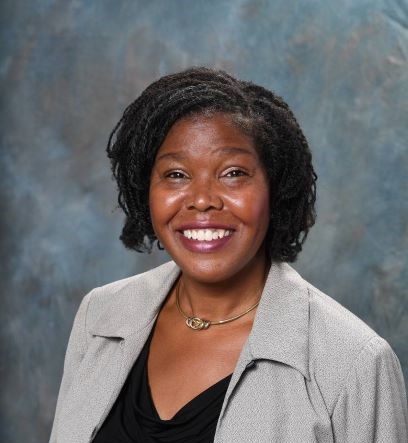
Tabbetha Dobbins, Professor, Interim VP for Research, Dean of the Graduate School, Rowan University
TEAM UP plus two: Understanding the Persistent Underrepresentation of African Americans in Physics prior to and beyond the Global Pandemic
The TEAM-UP Task Force Report commissioned by the American Institute of Physics sought to understand why African American students were underrepresented at the bachelor’s degree level in Physics (even in an era when STEM degrees are on the uprise). The report highlights five factors which can contribute to success stories in Physics. These factors will be discussed in the presentation. Additionally, the global pandemic created a new “paradigm” for education, training, and the workforce. The presentation will place the paradigm shift (i.e. use of remote meeting and teaching tools, etc.) into context for how refinements to the five factors highlighted in the team up report can be made.
Pre-reading of the TEAM UP Report is encouraged. The report can be downloaded here: https://www.aip.org/diversity-initiatives/team-up-task-force
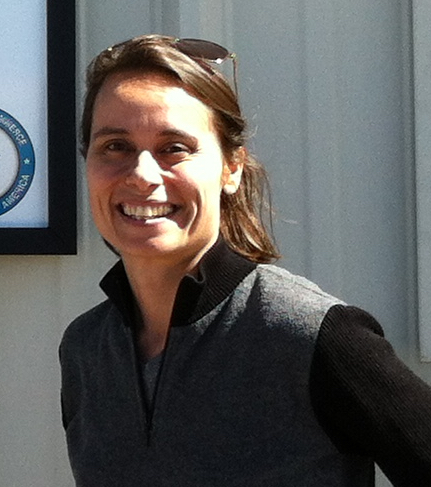
Lily S. Khadjavi, Professor and Chair of Mathematics, Loyola Marymount University
Title and abstract coming soon!
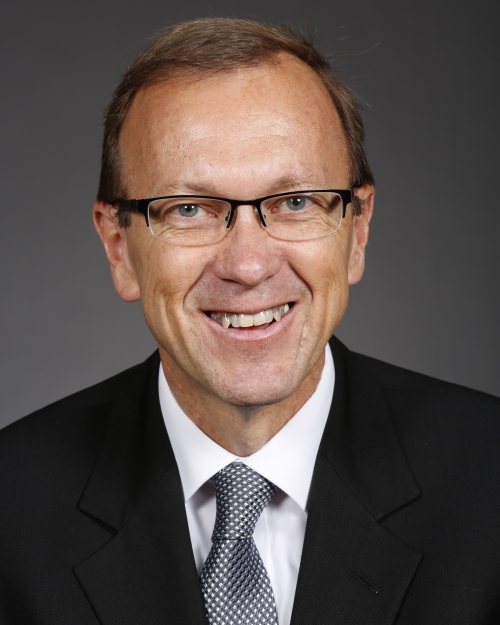
Craig Ogilvie, Dean of the Graduate School and Associate Vice-President of Research, Montana State University
Trauma-informed graduate education
We can and must do better to support graduate students’ mental health. Many solutions have indeed been implemented by talented faculty and graduate leaders. One way to organize these and increase adoption is CDC’s trauma framework and adapt these as trauma-informed graduate education. The three pillars of the trauma framework are 1) meeting basic needs, 2) building community and peer relationships, and 3) empowerment. I will discuss examples drawn from a range of universities in each of these three areas.
Panels
Back to topStaff member perspectives: supporting students and programs
Panelists: Mitchell Everett (Georgia Institute of Technology), Sarah Garner (University of Washington), Rhonda Olson (Arizona State University)
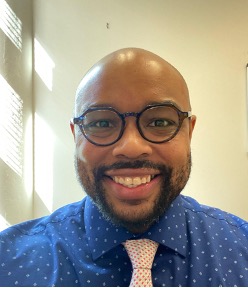
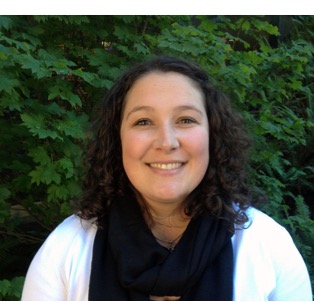
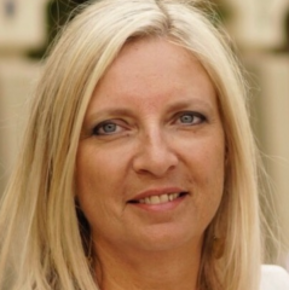
In most graduate programs, non-faculty staff members play an important role in shaping graduate student experiences and providing them with help and support. This panel of staff members will share their own successes and challenges in supporting graduate students, highlight ways that staff have key skills and positioning to promote student well-being, and offer perspectives on how faculty, students, and staff can work together effectively to build supportive and equitable departments.
Becoming comfortable with discomfort: moving from thoughts to action
Panelists: Courtney Gibbons (Hamilton College), Dagan Karp (Harvey Mudd College), Adriana Salerno (Bates College and NSF)
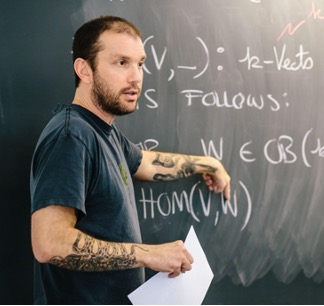

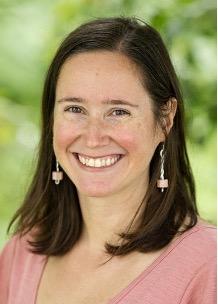
As with many aspects of faculty positions, faculty typically receive little or no training on advocating for a more equitable environment. The goal of this panel is to discuss tips and advice on overcoming feelings of hesitancy or nervousness that may be preventing one from advocating for change, and also on accepting responsibility when one’s actions don’t match their intent.
Lightning Talks
Back to topThe paraDIGMS 2022 Spring Conference will feature a session of 5-minute contributed talks. Talks could raise an important issue—large or small, at the departmental level or more global—and make a call to action. They could also highlight an existing or emerging effort to address that issue—maybe a departmental initiative, or a small but important change in practice by a few faculty or staff members. The goal of the session is to spread awareness about practical issues and practical ideas and can be thought of as progress reports rather than final drafts.
If you are interested in giving a lightning talk, please submit your proposed title and abstract using this form by Monday, April 4. Proposals submitted after this date will be considered on a rolling basis; this form will be closed once we are no longer accepting additional proposals.
Policies
Back to topStatement of Inclusion
The organizers of the paraDIGMS Fall Conference are committed to creating an environment that is inclusive, supportive, and safe. We support the rights of all attendees to fully participate in the conference regardless of race, sex, religion, national origin, sexual orientation, gender identity, disability, age, pregnancy, immigration status, or any other aspect of identity. Please see the AMS’s Policy on a Welcoming Environment.
Conference Policy on Harassment and Discrimination
All participants at the paraDIGMS Fall Conference will be treated with dignity and respect, and discrimination or harassment of any form will not be tolerated. Participants who do not comport themselves in keeping with the conference’s statement of inclusion will be banned from the conference and run the risk of being excluded from all future paraDIGMS programming. Please see the AMS’s Policy Statement on Anti-Harassment.